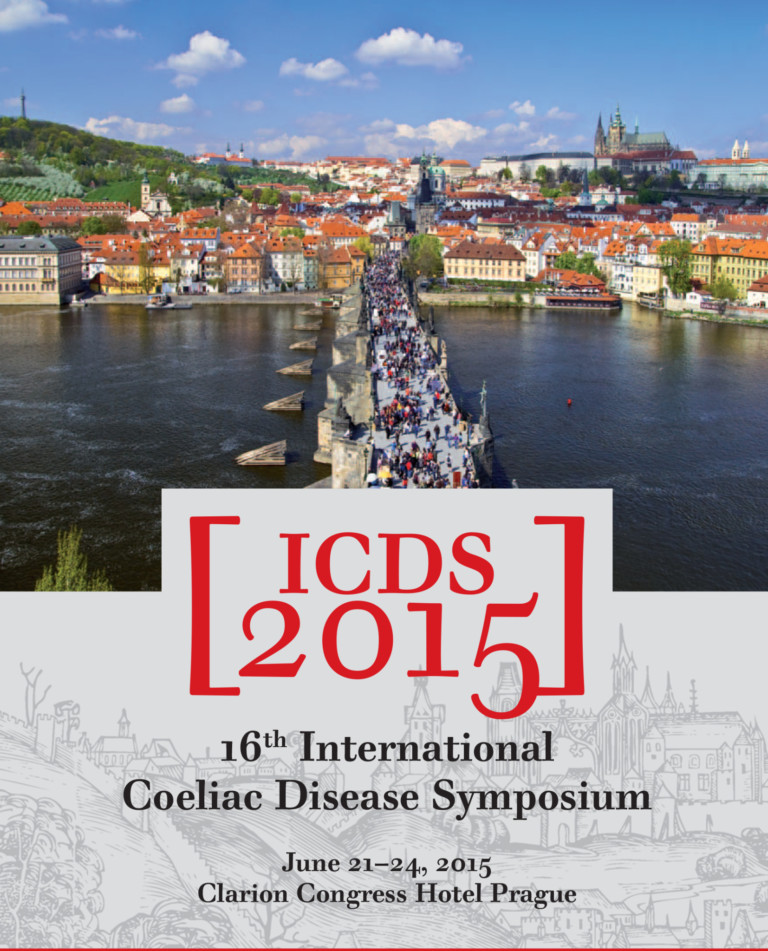Non-coeliac gluten sensitivity (NCGS) has been a subject of debate amongst experts, but now researchers from Columbia University in the United States have found evidence proving the existence of the condition.The new study by Dr Armin Alaedini, assistant professor of medicine at Columbia University Vagelos College of Physicians and Surgeons, shows that people with non-coeliac gluten sensitivity, like those with coeliac disease, produce a high level of anti-gluten antibodies. However, the types of antibodies produced and the inflammatory responses these antibodies can instigate differ between the two conditions.“We found that the B cells of coeliac. . .

Related

16th International Coeliac Disease Symposium – DAY ONE
I am thrilled to be able to attend the 16th International Coeliac Disease Symposium in Prague, Czech Republic and bring you all the latest news…

Guide to Gluten-Free Grains
Do you know your quinoa from your teff? Dietitian JOEL FEREN explains why we should all be eating gluten-free grains. Whole grains are suddenly the…

Dinner is Sorted : Your Gluten-Free Meal Plan
Does the thought of last-minute trips to the supermarket and scrambling to throw together a meal at the end of a long day sound all…

Gluten And Your Baby
Undiagnosed coeliac disease is one of the leading causes of unexplained infertility. CARA BOATSWAIN explores the link between fertility and coeliac disease with leading researcher…

Issue 37 is available now!
Issue 37 of Australian Gluten-Free Life magazine is packed with delicious gluten-free recipes and articles to make living gluten-free easy. IT’S BEGINNING TO LOOK A…

Issue 35 is available now!
Issue 35 of Australian Gluten-Free Life magazine is packed with gluten-free recipes to ensure you’ll have your best summer yet. In A Season of Giving…
